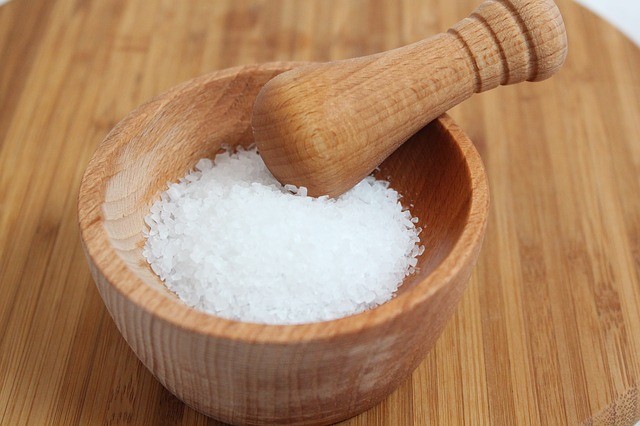
Too much salt in the diet is bad for you, leading to hypertension and the risk of cardiovascular disease. This is a pretty well established scientific fact. It is also known that many people around the world consume too much salt, especially from processed foods. In the U.S., for example, the Centers for Disease Control and Prevention notes that the typical daily level is 3,300 milligrams, against a recommendation of no more than 2,300 milligrams per day. Highly processed foods have more fats, sugars, and salt than less processed foods.
All this is sound advice, but what is the best approach for encouraging people to reduce their salt intake? Is this best achieved through health promotion or so should governments mandate food companies to cut levels of sodium from food?
The call for government legislation has come from scientists working at the University of Liverpool. The researchers compared the impact of voluntary and mandatory salt reduction policies, trough the use of a mathematical model. They found that voluntary activities would not be as successful and they have argued for legislation to force manufacturers of processed foods to drop sodium levels from pre-prepared food. Many pre-prepared foods for children, for instance, contain high levels of salt. In the U.S., the levels in many foods were 2,295 milligrams of sodium (salt) in each meal.
The mathematical modeling showed, as The Daily Telegraph reports, that some 4,500 cardiac deaths would be postponed or prevented by 2025 should a restriction in added salt be put in place today. Moreover, demographically, the greatest benefits would be with the most deprived groups in society.
This is all well and good but how far should government interventions go? Will restrictions on fat content in chocolate follow? Is the encouragement of exercise better? Does combining the eating of fruit and vegetables help counter-act the more “harmful” foods? A recent research paper, issued by the British Medical Association, says that sugar is a bigger concern for heart disease than salt.

